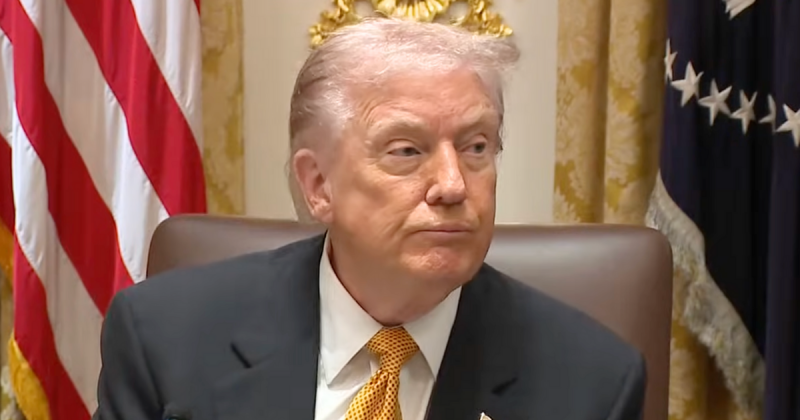The Trump administration is preparing a major move to take control of AI regulations in the U.S., a step that could put the Department of Justice (DOJ) in direct conflict with states attempting to set their own tech rules.
A draft executive order reviewed by Axios would empower Attorney General Pam Bondi to create an “AI Litigation Task Force” within 30 days. The team would be authorized to challenge state AI laws, arguing they unconstitutionally regulate interstate commerce.
David Sacks, the administration’s AI and crypto czar, has warned that leaving states in control of AI regulations would hamstring American companies and give China an advantage.
“Republicans are in power in Washington, and the states are making a bunch of bad decisions with respect to AI,” Sacks said on his podcast. “It doesn’t make sense to have model companies needing to report to 50 different states, 50 different agencies within those states, each with different reporting deadlines.”
States that defy the federal plan could risk losing federal grant funds, according to the draft.
The announcement comes just a day after First Lady Melania Trump delivered a stark warning to service members and their families about AI, as Resist the Mainstream previously reported.
The first lady called the technology the most pressing societal change since nuclear weapons and said America cannot afford to lose the AI race.
“To win the AI war, we must train our next generation, for it’s America’s students who will lead the Marine Corps in the future,” Melania said at Marine Corps Air Station New River in Jacksonville, North Carolina.
Her warning sparked controversy online, with critics calling it “dystopian.”
The White House previously pushed a 10-year moratorium on states’ ability to regulate AI in Trump’s Big Beautiful Bill, as the Daily Mail reported.
Rep. Marjorie Taylor Greene (R-GA), who has fiercely criticized Trump in the past weeks, loudly condemned the provision when the bill was passed in June.
“I am adamantly OPPOSED to this and it is a violation of state rights,” Greene said then. “We have no idea what AI will be capable of in the next 10 years and giving it free rein and tying states hands is potentially dangerous.”
The Senate eventually removed the moratorium from the bill.
Sacks, however, continues to push for federal control over AI.
“We should let Donald Trump write these rules,” he said on the All-In podcast. He also warned that Democratic strongholds like California and New York could set dangerous precedents that other states would follow.
California Gov. Gavin Newsom (D) recently signed a law requiring large AI companies to publish annual safety protocols, risk mitigation strategies, and reports on critical incidents. Advocates hail it as a model that could spread to other states.

